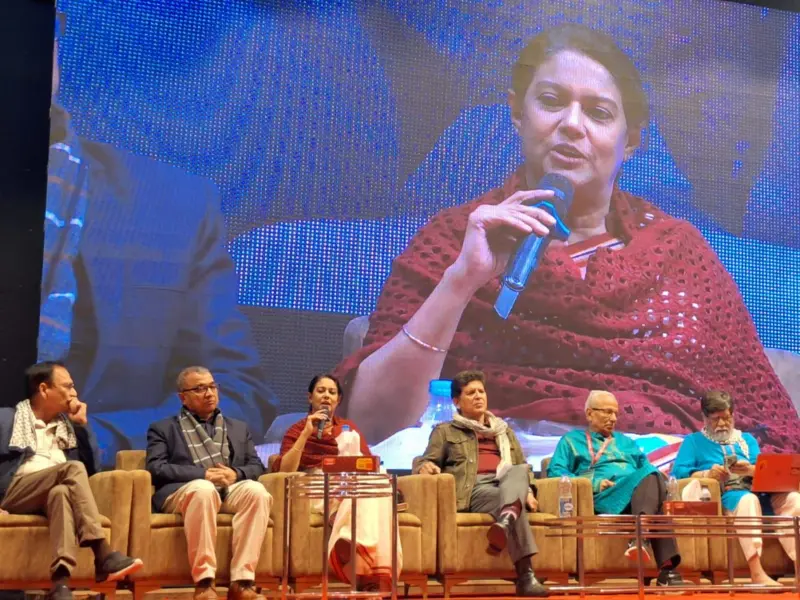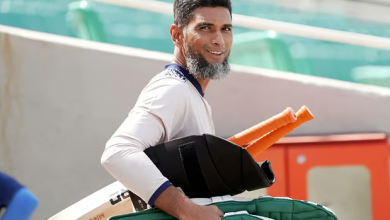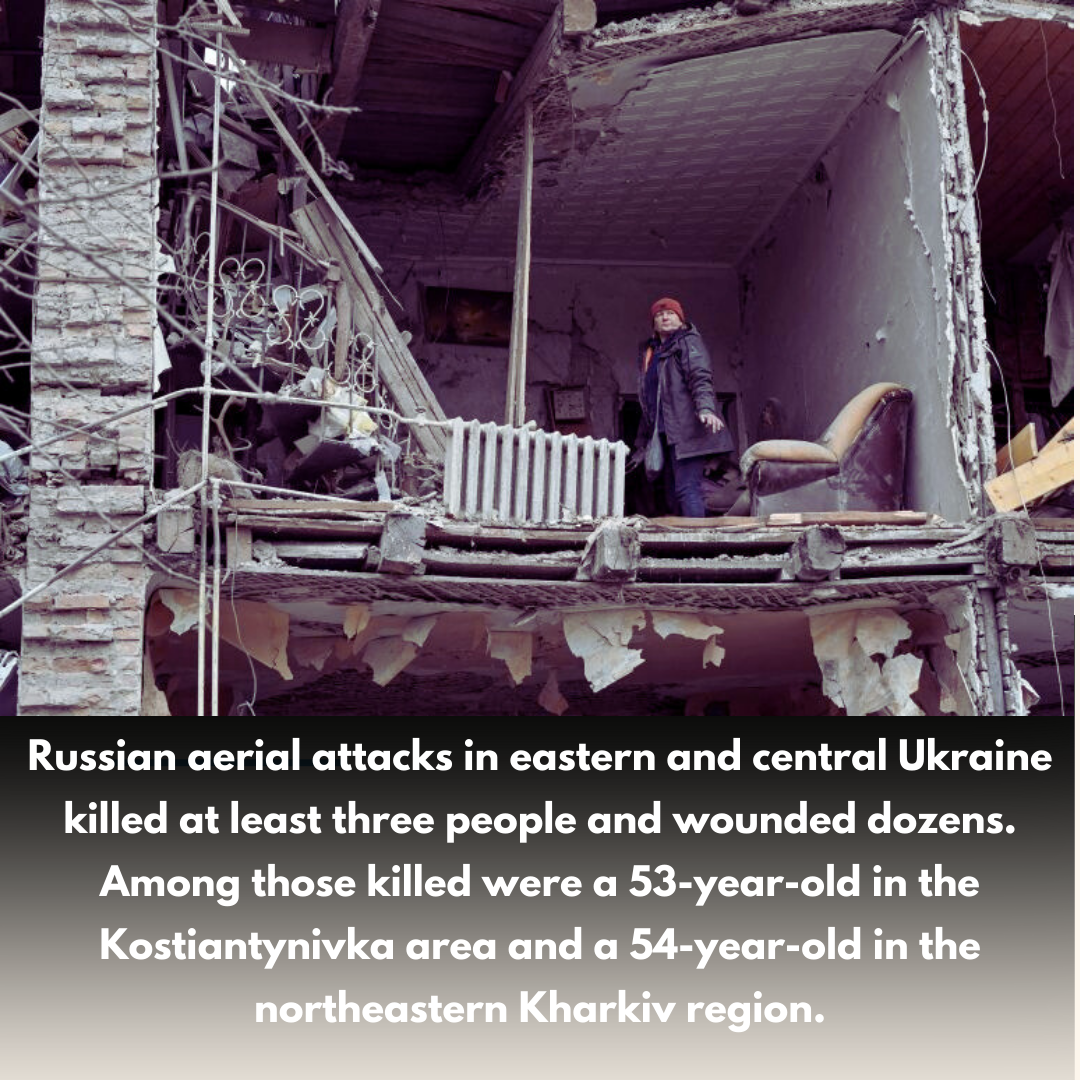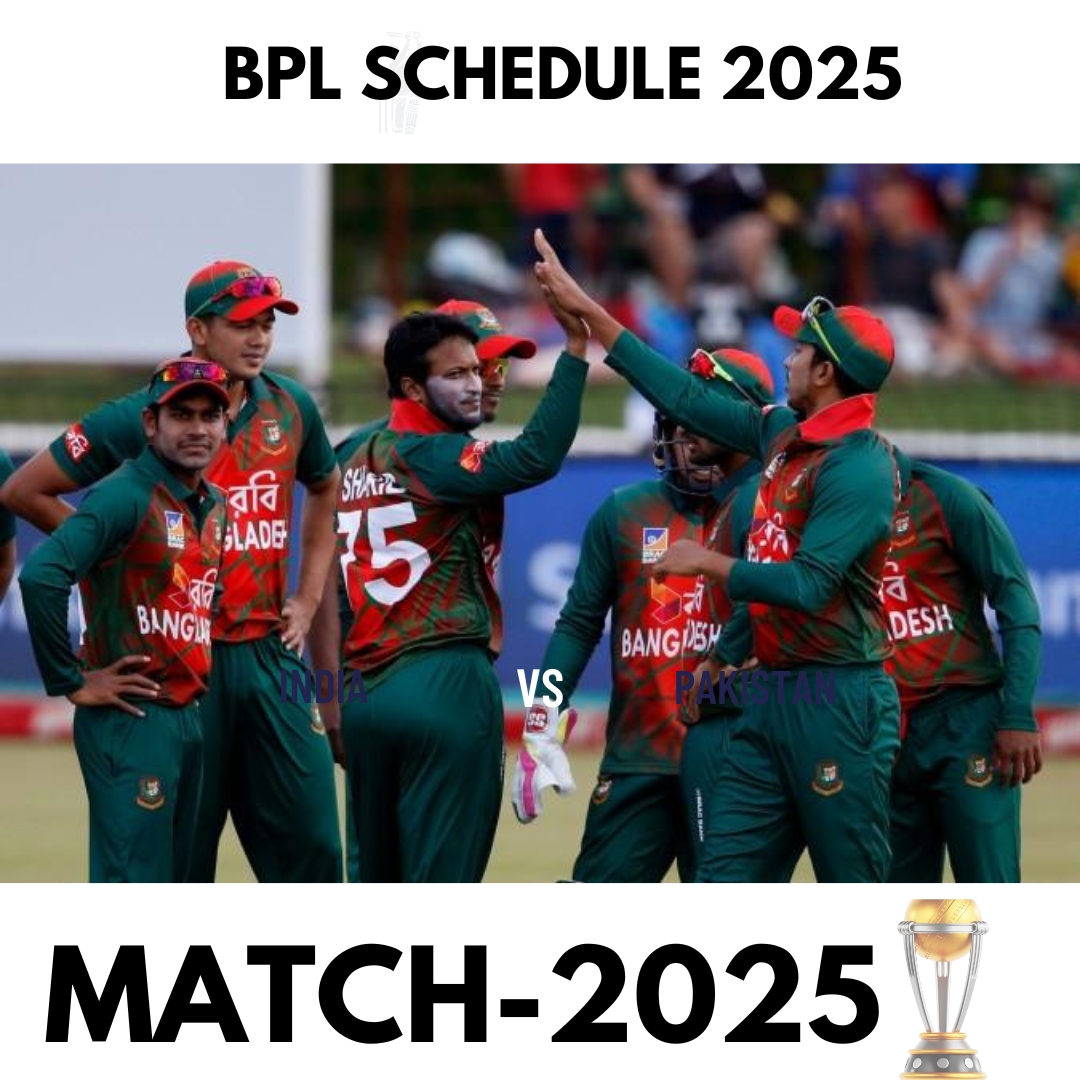

Bangla Tribune news: In Bangladesh, a national dialogue has been initiated for the first time, involving all active stakeholders on issues of national unity, elections, and reforms.
Thank you for reading this post, don't forget to subscribe!Chief Adviser Muhammad Yunus said on Sunday that elections without reforms would not help Bangladesh move ahead on the first day of the two-day dialogue.
Besides, the BNP Secretary General said, “The more time is spent on reforms, the more the problems will grow.”
Others who participated in the discussion included other presidential advisers serving the government, the representatives of different political parties, the head of the Reform Commission, students, and family members of the victims of the July movement.
The national dialogue on unity, reforms, and elections titled “Unity: Which Way Forward” was organized by a non-governmental organization called Forum for Bangladesh.
Some speakers accused the discussion of setting up reforms against the elections.
There were also calls to address burning issues such as commodity prices, employment, and security that would bring relief to the public before completing elections or reforms.
- Mahmudullah stands out in ODIs

- Three brothers hacked to death over a sand business dispute in Madaripur.

- Background Picture
- BPL Live final: Barisal wins in thrilling finale

- Medical Care to the Sick and Injured Gazans: Japan’s Humanitarian Initiative

Bangla Tribune news: The voting age should be 17.
Chief Advisor Muhammad Yunus said the voting age should be 17.
He came up with this observation while speaking at the national dialogue titled “Unity: Which Way Forward,” organized by a non-governmental organization to discuss unity, reforms, and elections.
He went on to reiterate the need for consensus on reforms, saying unity, reforms, and elections are interlinked and cannot be successful without the other.
“Reforms without unity or elections without reforms will not help Bangladesh move forward,” he added.
Noting that preparations for reforms and elections must go hand in hand, Mr. Yunus explained, “The responsibility of preparing for elections primarily lies with the Election Commission. Citizens do not need to engage in the process until an election date is announced. However, every citizen must participate in the reform process.”
He added, “There is no compulsion to accept all recommendations of the report of the Reform Commission. That is why, at the final stage, a National Consensus-Building Commission has been formed.

“Elections without reforms will not help Bangladesh move forward.”
“It is not true that the BNP does not want reforms and only wants elections.”
BNP Secretary General Mirza Fakhrul Islam Alamgir said from the very beginning, BNP has supported reforms. “Unfortunately, some remarks are now being made that the BNP does not want reforms and only wants elections. That is not true,” he said.
He said this while speaking during the national dialogue titled “Unity: Which Way Forward.”
“We want to implement the minimum necessary reforms required to hold an acceptable election,” Mr. Alamgir added.
He further mentioned that as a political party, the BNP has already taken initiatives such as its Vision 2030 and the 31-point proposal.
“An election is the main gateway to establishing a democratic system,” said the BNP Secretary General.

“BNP has supported reforms from the very beginning.”
Jamaat is ready to give a reasonable amount of time.
The Secretary General of Jamaat-e-Islami, Mia Golam Parwar, said, “We have failed to take any effective initiative in the last 53 years for building national unity.”
On the reforms issue, he said all necessary reforms cannot be implemented by an interim government. “It takes time,” he added. But he stressed that the minimum reform required for a free election has to be complete and that the time must be provided.
“Only then can a free, fair, and neutral election be held. Jamaat-e-Islami is ready to give the interim government as much time as needed to conduct such an election,” Mr. Parwar added.
He called for the justice over the killings during the protests of July-August to be at a certain stage prior to the elections.
The Secretary General of Jamaat-e-Islami also called for public dialogues on the reforms proposed by the commissions.

What the heads of the Constitution and Election Reform Commissions are saying.
The heads of the various reform commissions set up by the government also spoke their minds in the dialogue.
The Chairman of the Constitution Reform Commission, Professor Ali Riaz, said that people wanted an electoral system where the right to vote was guaranteed, adding that that vote would have to determine power.
“They want an accountable system. Above all, they do not want the centralization of power,” said Professor Riaz.
He further went ahead to say that an accountable system of governance is the only way to achieve democracy and human dignity.
Badiul Alam Majumdar, Chairman of the Election Reform Commission: “If nomination trading continues, politics will turn into business.
“If this is not stopped, all efforts will be in vain. It is not possible to end nomination trading through laws. There needs to be a change in the perspectives of both politicians and the general public,” said Mr. Majumdar.
Dr. Debpriya Bhattacharya, head of the committee for drafting the White Paper on the economy, felt that while much was being talked about on infrastructure, there is little talk about the foundation of society.
“There is no discussion on how employment will be generated. True empowerment is the empowerment of livelihood,” he said.
“You cannot even imagine the dire economic situation we inherited. This must be fixed. But will the people give us time to fix it?. How long will people wait for reforms without security?” said Mr. Bhattacharya.
He further said, “Reform is a big dream; unity is needed for it, and elections must be held. But before that, people must be given relief.”
Environmental adviser Syeda Rizwana Hasan added, “If we agree on reforms, there is no reason to consider each other as adversaries. We have to decide on what reforms to make, who will carry out the reforms, how long it will take, and how the reforms will be carried out.
Ms. Hasan added, “We cannot afford to delay the reforms this time. Everybody’s cooperation is needed so that public opinion is reflected in the reform. If we fail to reflect public opinion, we will also face difficulties regarding political stability. Because, in case of a gap between people’s expectations and our actions, we will be getting involved with political unrest and complexities repeatedly.





Good